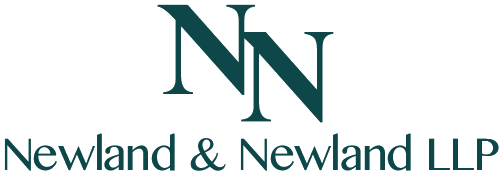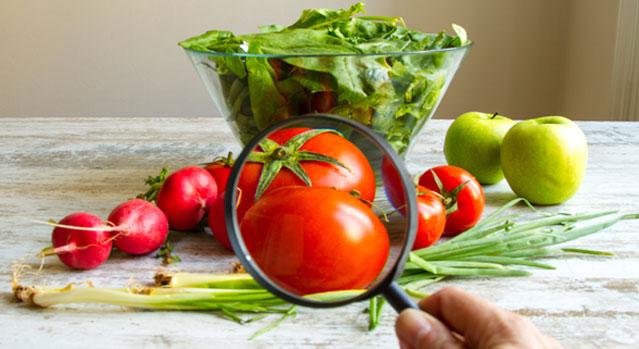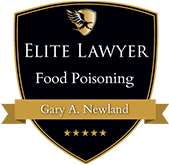
Pursuing Compensation for E. Coli Food Poisoning
If you have contracted E. coli from contaminated food, an attorney can help you determine who was responsible and hold them liable for your injuries.
REPRESENTING VICTIMS OF FOOD POISONING OUTBREAKS | ||
| THROUGHOUT THE UNITED STATES | ||
CALL TODAY FOR A FREE CONSULTATION
312-981-0409
E. Coli Food Poisoning Attorney Overview

Lawyer Representation for Injuries Caused by Foodborne Illnesses
While people in the United States expect the food we eat to be safe, the news is regularly filled with reports of product recalls of contaminated food or outbreaks of diseases that occur at certain restaurants. Sadly, the safety controls that are supposed to exist throughout the food supply chain often fail, and as a result, people are seriously harmed by food poisoning.
One common cause of foodborne diseases is E. coli, a bacteria that can lead to a variety of illnesses. If you have contracted E. coli after eating at a restaurant or purchasing food from a grocery store, you should contact a personal injury attorney who can help you find out who was at fault and determine your options for pursuing financial compensation.
Causes and Symptoms of E. Coli Infections
Escherichia coli, which is abbreviated as E. coli, is a bacteria that is commonly found in the environment, including in the intestines of people and animals. While many strains of E. coli are harmless, some can cause serious illnesses. Some harmful strains of E. coli include:
- Shiga toxin-producing E. coli (STEC) - This type of E. coli is spread by consuming small amounts of human or animal feces. It is often spread in unpasteurized milk, contaminated water, or undercooked meat, or in food that has been prepared by someone who has not washed their hands properly. Symptoms include stomach cramps, diarrhea, and vomiting. It can also lead to hemolytic uremic syndrome (HUS), a complication that can cause kidney failure.
- Enterotoxigenic E. coli (ETEC) - This type of E. coli is also spread through food and water that has been contaminated by human or animal feces, such as raw fruits and vegetables, raw seafood, undercooked meat or poultry, and unpasteurized dairy products. It causes the intestines to create excessive fluids, leading to diarrhea. Other symptoms include abdominal cramps, fever, chills, loss of appetite, headaches, sore muscles, and bloating.
While people may do everything they can to avoid E. coli infections, including washing their hands before eating and cooking meat thoroughly, there are times when the negligence of others makes infection unavoidable. People may be exposed to E. coli when:
- Restaurant employees do not wash their hands before preparing food.
- Meat is not thoroughly cooked.
- Cross-contamination occurs by preparing foods when using utensils, cutting boards, or counters that have touched raw meat.
- Food processing facilities allow pathogens to contaminate food at some point in the manufacturing or packaging process.
- Lettuce or other vegetables that have been contaminated at the source (such as the farm where they are grown) are allowed to be sold to consumers.
While some E. coli infections are relatively minor, others can be very serious, leading to life-threatening complications or even death. If you have contracted an E. coli infection after eating contaminated food, an experienced personal injury lawyer can help you determine who was at fault. An attorney can work with you to pursue compensation for your damages, including the costs of medical care, any income lost while you were recovering and unable to work, and the pain and suffering you have experienced.
















